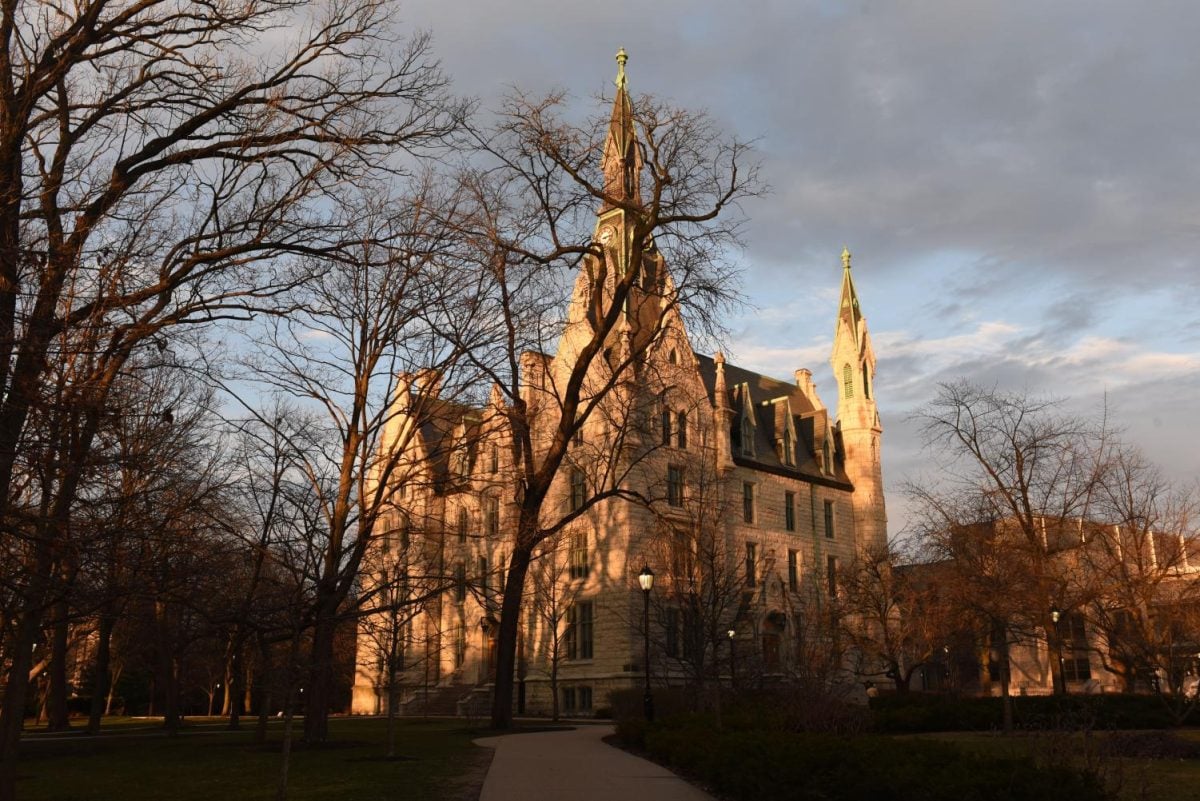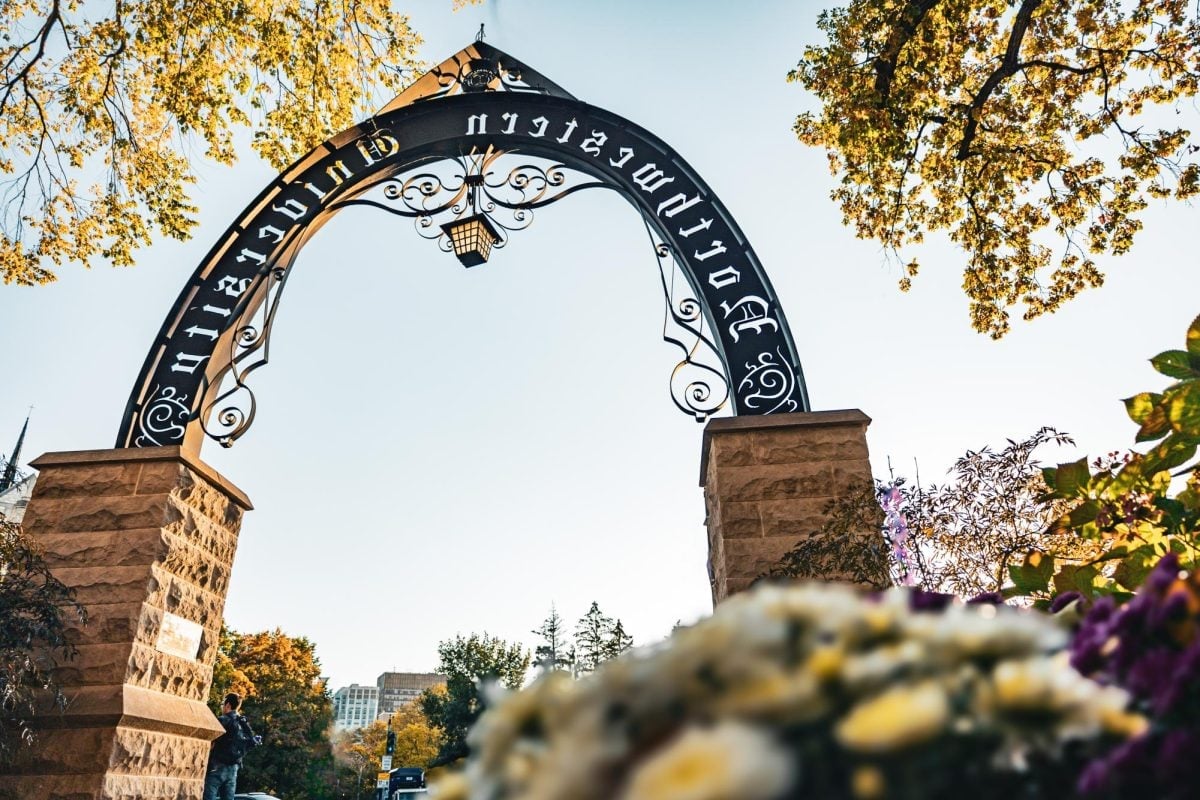In a Monday afternoon email to students and faculty, University President Michael Schill announced that the University is reestablishing the Advisory Committee on Investment Responsibility next month. ACIR, which was originally created in 2016, is a forum for NU community members to discuss the University’s investment responsibility and engage with the Investment Committee of the Board of Trustees.
ACIR’s reestablishment was one component of the agreement reached with demonstrators to end the pro-Palestinian encampment on Deering Meadow in April after students expressed a desire to engage with the Investment Committee of the Board of Trustees.
Schill wrote that the University received a “tremendous response” from the community, including a “large number” of applicants for the committee. Interviews with applicants and discussions followed, and the University selected a nine-person committee.
The committee is made up of two faculty members, Kellogg Profs. Therese McGuire and Aaron Yoon; two staff members, Manager of Financial Analysis Carrie Garrison and Senior Director of Business Operations, University Libraries Kristine Casman; two student members, Weinberg junior Lucas Catilina-Rebucci and Weinberg junior and Associated Student Government co-President Caleb Snead; two alumni members, Stephen Brodsky (Pritzker ’96, Kellogg ’97) and Keech Combe-Shetty (Weinberg ’99, Kellogg ’06); and one ex-officio member, Vice President and Chief Investment Officer Amy Falls.
Members appointed to the committee serve three-year terms, aside from students, who serve a one-year term. Most members will serve at least two consecutive terms.
“I would like to thank each member of ACIR for taking on this challenging, fascinating and important charge,” Schill wrote in the email. “This committee will model enlightened dialogue, and advance the values and mission of Northwestern, and I am grateful for their service.”
ACIR will hold its first public meeting Feb. 19.
Email: leahschroeder2026@u.northwestern.edu
Related Stories:
— Investment Responsibility Committee’s recusal policy sparks backlash among faculty, students







